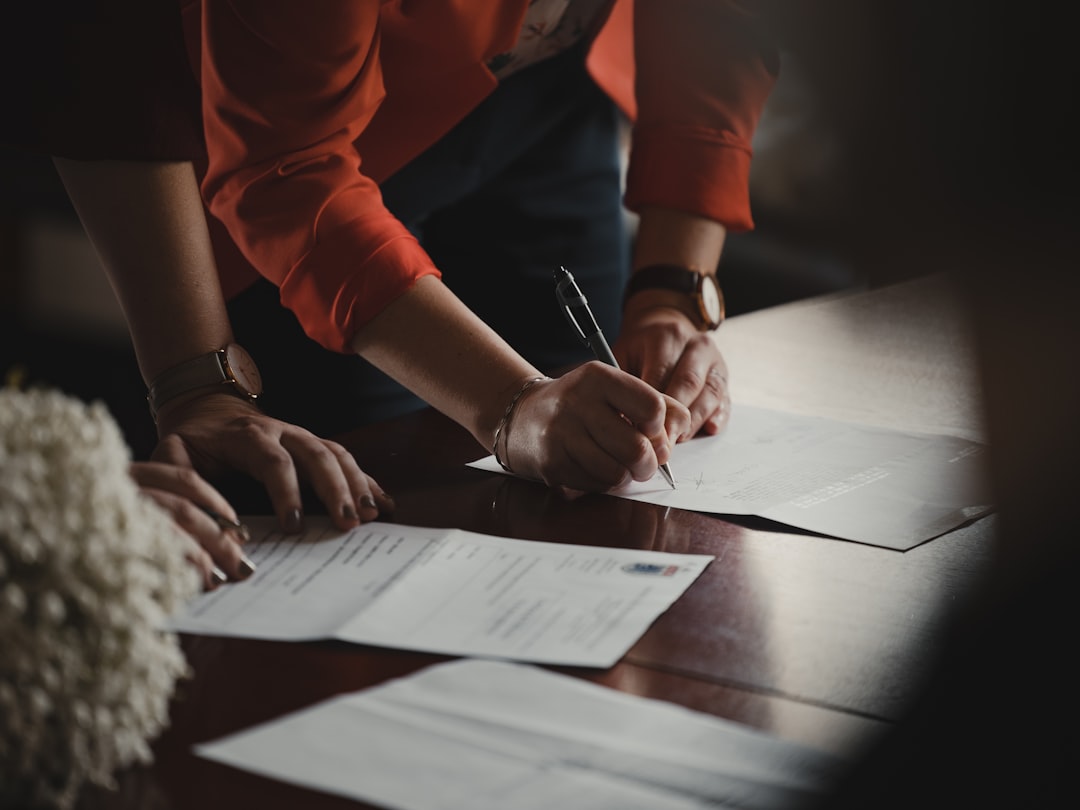In Georgia, fighting for justice in sexual abuse cases requires specialized legal expertise. A skilled sexual abuse lawyer is instrumental in navigating complex laws and ensuring victims receive the support they deserve. This comprehensive guide explores Georgia’s sexual abuse laws, highlights the critical role of a specialized attorney, outlines what to expect during a case, and provides resources for survivors. For those seeking redress and healing, understanding these elements is crucial in securing justice.
Understanding Sexual Abuse Laws in Georgia

In Georgia, sexual abuse laws are designed to protect victims and hold perpetrators accountable. If you’ve been a victim of sexual misconduct or assault, understanding your legal rights is crucial. A sexual abuse lawyer in Georgia can guide you through complex legal procedures and ensure that your case receives the attention it deserves. They fight for justice, advocating on behalf of clients who have suffered from a wide range of sexual offenses, including assault, harassment, and exploitation.
Georgia’s laws cover various forms of sexual abuse, with specific regulations addressing issues like consent, age of consent, and penalties for offenders. A qualified sexual abuse lawyer is well-versed in these laws and can help interpret them in the context of your unique situation. They work tirelessly to gather evidence, interview witnesses, and navigate the legal system to secure the best possible outcome for their clients.
The Role of a Specialized Lawyer

When facing sexual abuse allegations, individuals in Georgia need legal representation that understands the intricacies and sensitivity of such cases. A specialized lawyer, particularly one focusing on sexual abuse law in Georgia, plays a crucial role in protecting the rights and interests of the accused. They navigate complex legal procedures while ensuring a fair trial, which can be especially challenging given the emotional and psychological impact of such accusations.
These lawyers possess in-depth knowledge of state laws, procedural rules, and potential defenses related to sexual misconduct cases. Their expertise enables them to build robust defense strategies, gather evidence, and challenge the prosecution’s case effectively. Moreover, they provide a safe space for clients to share their experiences, offering emotional support throughout the legal process. This specialized approach ensures that justice is pursued while maintaining dignity and privacy for all involved.
What to Expect During a Case

When you hire a sexual abuse lawyer in Georgia, understanding what to expect during your case is crucial. Initially, your attorney will meet with you to discuss the details of your situation, gathering all relevant information and evidence. They’ll explain the legal process, outlining the steps that will be taken to build a strong case. This includes identifying potential witnesses, reviewing medical records, and gathering documents that support your claim.
Your sexual abuse lawyer in Georgia will then craft a legal strategy tailored to your specific case. They’ll negotiate with insurance companies or the opposing party to reach a settlement if possible, or prepare for trial by collecting expert testimony and preparing opening statements. Throughout this process, your attorney will keep you informed, ensuring clear communication and addressing any concerns or questions you may have.
Resources and Support for Survivors

For survivors of sexual abuse in Georgia, finding resources and support can be a critical step on their journey to justice. Many organizations within the state offer counseling services, legal aid, and advocacy groups specifically tailored to help individuals affected by sexual assault. These resources provide a safe space for survivors to share their stories, receive emotional support, and learn about their rights.
A Georgia sexual abuse lawyer can play a vital role in connecting survivors with these essential services. They can guide victims through the legal process, ensuring they understand their options for seeking compensation and holding perpetrators accountable. With proper support, survivors can navigate the complex legal system while prioritizing their healing and well-being.






